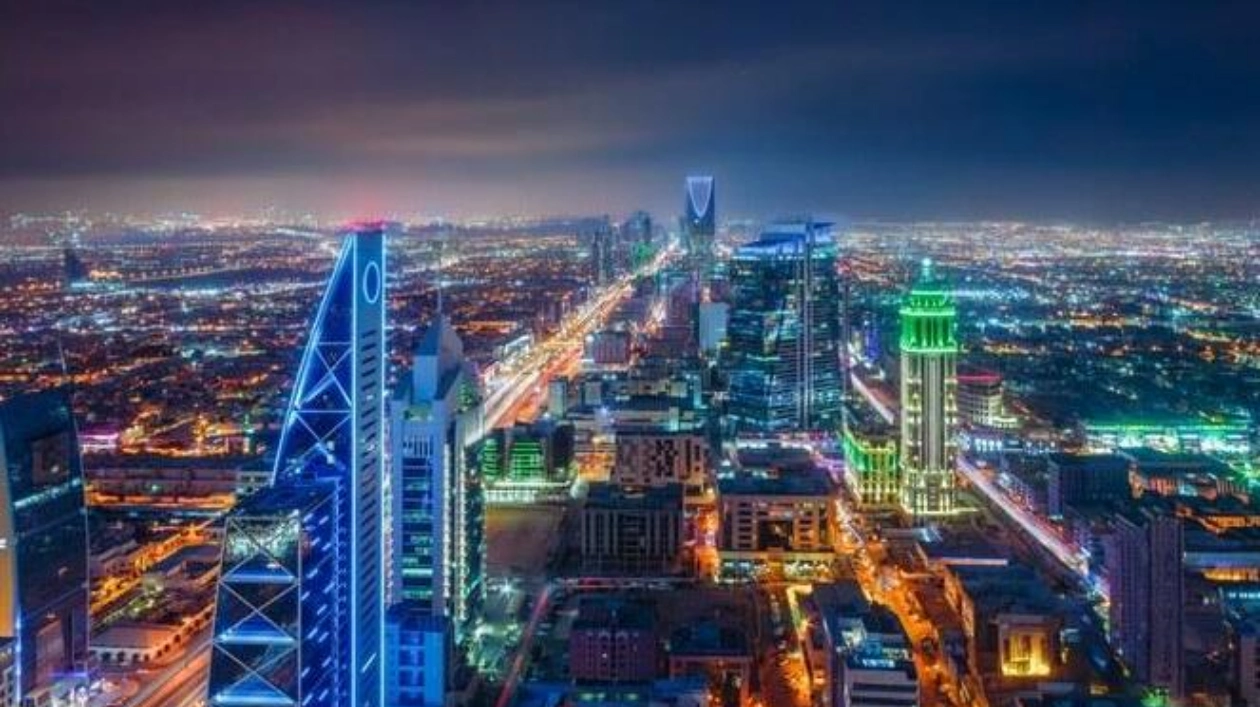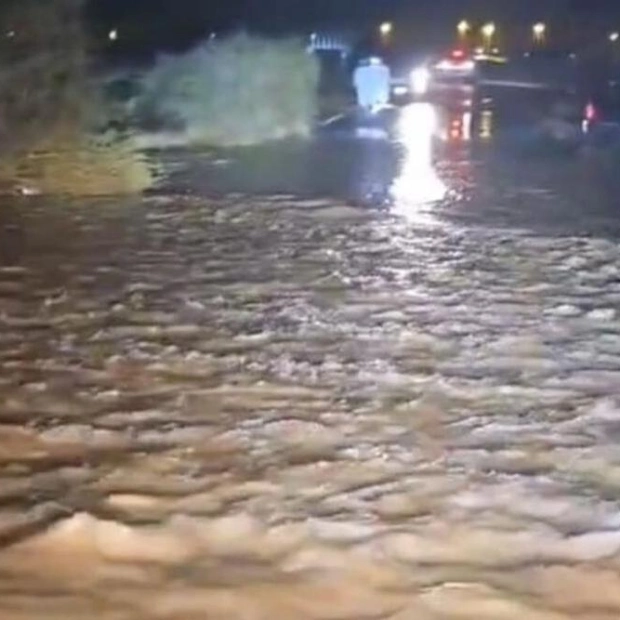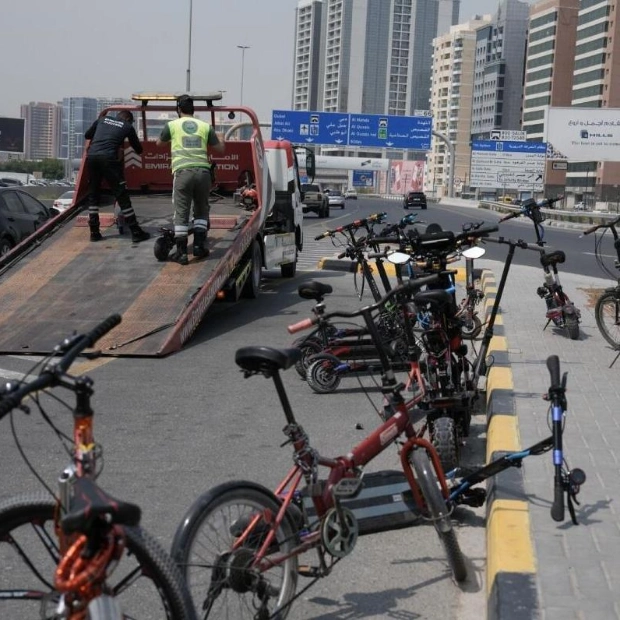RIYADH: Saudi Arabia is poised to introduce two multi-billion-dollar enterprises by the end of 2025 as part of its strategy to bolster its communications and information technology sector.
These new tech companies are part of a broader set of initiatives outlined in the Ministry of Finance’s budget report, which also includes plans to launch a Saudi satellite for space weather research under the Artemis 2 mission.
As part of the Kingdom’s economic diversification plan Vision 2030, Saudi Arabia aims to increase the technology sector’s contribution to GDP from 1 percent to 5 percent by the end of the decade.
The budget report also disclosed a SR42 billion ($11.2 billion) allocation to the infrastructure and transportation sector for 2025, which covers the development of roads, ports, airports, and real estate, as well as communications, information technology, data and artificial intelligence, and digital government.
The government plans to enhance data management by advancing the National Data Index, promoting responsible artificial intelligence adoption, and expanding the National Data Bank. Smart city initiatives focused on safety and sustainability are also being prioritized.
In transportation, planned developments include new air carrier licenses for Dammam and Riyadh Airlines, expanded public transport services, and six new logistics zones at Saudi ports. These efforts align with the Kingdom’s Vision 2030 strategy to create a modern, efficient, and innovation-driven economy.
The Kingdom is building a thriving digital economy by adopting advanced technologies, with data and AI as key enablers. By fostering research, development, and innovation, and forming strategic global partnerships, Saudi Arabia aims to cultivate entrepreneurship and deliver groundbreaking solutions, establishing itself as a hub for technological excellence and sustainable development.
Central to this transformation is the Kingdom’s commitment to creating a business-friendly climate through a range of initiatives. The Regional Headquarters Program offers compelling incentives, including a 30-year tax exemption, to attract global companies to set up their regional offices in Saudi Arabia.
The Ministry of Finance report noted key recent achievements in the digital economy, including Saudi Arabia ranking sixth globally, and second among G20 countries, in the UN E-Government Development Index.
The Kingdom also ranked second among G20 nations in the ITU’s ICT Development Index 2024, which measures global progress in digital inclusion and infrastructure. This index tracks global progress in digital inclusion and infrastructure, guiding policy and investments in technology, and reflects countries’ performance in digital adoption and connectivity.
Other achievements included 15 companies graduating from the Space Tech Entrepreneurship Incubation Program, attracting over SR41 billion in investments. The National Semiconductor Hub was also launched, focusing on localizing semiconductor technologies and fostering advanced education collaborations.
Saudi Arabia has also announced plans to strengthen ties with NASA and global partners to advance space-related industries, digital innovation, and scientific collaboration.
The Kingdom made significant strides in data analytics, integrating data from 27 government systems into a centralized data lake. The Arabic-language generative AI model “ALLaM” received global recognition, ranking first in its category, enhancing Arabic AI capabilities.
During the Hajj season, smart solutions like Basier and Sawaher, along with AI-powered cameras, were deployed to improve crowd management and ensure pilgrim safety.
The Open Access National Gateway was launched to provide scientists and researchers access to advanced infrastructure and over 1,000 laboratories across 30 agencies.
The transportation and logistics sector saw a 6.4 percent annual growth in GDP in the first half of 2024, with over SR200 billion in investment contracts signed to enhance services and partnerships.
During the Hajj season of 2024, several eco-friendly and modern transportation initiatives were implemented to improve services for pilgrims.
Source link: https://www.arabnews.com






